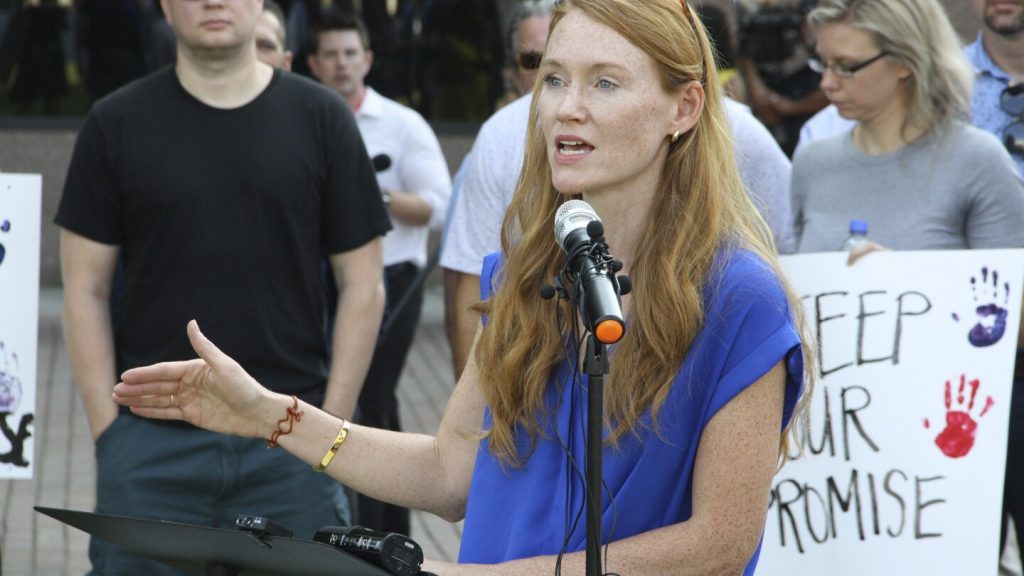The North Carolina Senate has taken steps to clear the state’s waitlist for private school vouchers by passing a supplemental spending plan. The plan includes funding for the state’s Opportunity Scholarship program, as well as additional money for Medicaid, rural broadband access, and requirements for sheriffs to assist federal immigration agents. The voucher program saw a surge in applications after income caps were removed last year, leading to a waitlist of around 55,000 children. The new proposal aims to address this backlog and offers retroactive reimbursement for fall private schooling costs.
Advocates like Rachel Brady, a mother from Wake Forest who led a rally urging the elimination of the waitlist, praised the Senate’s affirmative vote. The plan is expected to provide financial relief to families who have chosen private schools for their children or wish to do so. However, Democrats expressed concerns that voucher spending would impact resources for public schools, particularly in rural areas. Governor Roy Cooper also cautioned that the plan could lead to a budget crisis as state revenues have declined, with additional tax cuts planned.
The Senate floor debate was dominated by discussions on how the voucher program would affect public schools and the potential impact on underfunded schools, especially in rural counties. Republican Lt. Gov. Mark Robinson presided over the debate, which included language from a House bill enforcing sheriffs’ compliance with U.S. Immigration and Customs Enforcement detainers. Critics argue that the bill unfairly targets North Carolina’s Hispanic community and could damage trust between law enforcement and the community. Opponents, including members of the Hispanic organization coalition Colectivo NC, expressed concerns about the bill’s potential impact.
During the spending plan vote, the Senate also took the opportunity to override five of Governor Cooper’s previous vetoes. Three of these overrides were previously approved by the House in July, making them law. The bills covered a range of issues, including expanded access for all-terrain vehicles on certain roads, changes to tenancy laws, and restrictions on state agencies accepting central bank digital currency payments. The Senate’s decision to override the vetoes is likely to spark further debate and action in the House.
Overall, the Senate’s passing of the supplemental spending plan signifies a significant step towards addressing the waitlist for private school vouchers in North Carolina. While advocates welcome the plan as a relief for families, critics raise concerns about the impact on public school resources and the potential targeting of immigrant communities. The decision to override Governor Cooper’s vetoes also sets the stage for further legislative action and debate, highlighting the complexities and challenges of funding education and addressing immigration issues in the state. The House is expected to vote on the plan next, with potential implications for education funding and law enforcement practices.


